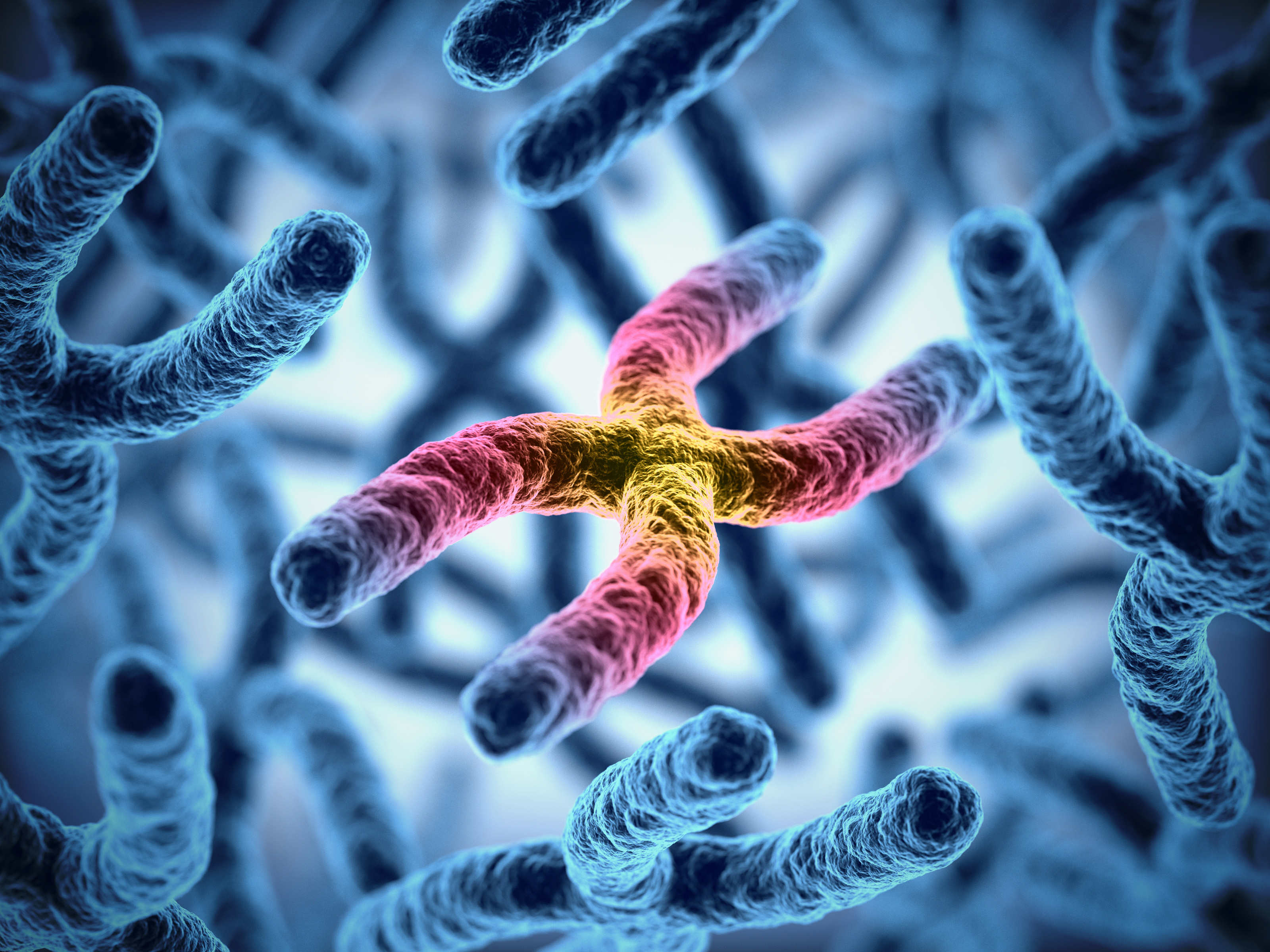Hurler Syndrome & Stem Cells
Thankfully Hurler’s syndrome is incredibly rare; a 20 year study found the birth prevalence of Hurler’s syndrome in England and Wales to be 1.07/100,000. Hurler’s syndrome is a genetic condition which is autosomal recessive. This means that both parents must carry the gene to have a child with Hurler’s syndrome. In the instance that both parents carry the gene their children have a ¼ chance of being born healthy and not being a carrier, a ½ chance of being born healthy and being a carrier, and a ¼ chance of being born with Hurler’s syndrome and being a carrier.[2]
Hurler Syndrome Facts
- The average life expectancy for those with Hurler’s syndrome is 11.6 years[2]
- Approximately 1 in 100,000 people have Hurler’s syndrome
- Hurler’s syndrome is found in all ethnicities
- The Republic of Ireland has the highest incidence of Hurler’s syndrome in the world [3]
- 73% of Hurler syndrome patients in ROI are from the Irish Traveller community[3]
Hurler Syndrome, Cord Blood and Stem Cells
Allogeneic umbilical cord blood derived haematopoietic stem cells have been shown to prolong life and neurological outcomes when transplanted into children over the age of two. However, a study has shown that if the transplant takes place before the age of 9 months old then permanent brain damage may be avoided.
At the time of writing there are currently 14 clinical trials investigating the application of stem cells in Hurler’s syndrome.[5] One phase 2 trial which is currently recruiting participants aims to observe the effects of haematopoietic stem cell transplants coupled with enzyme replacement therapy in Hurler’s syndrome patients. The trial is expected to complete in 2022.[6]
References
- http://mpssociety.org/mps/mps-i/
- http://patient.info/doctor/hurlers-syndrome
- http://adc.bmj.com/content/early/2008/05/07/adc.2007.135772
- http://www.futurity.org/cord-blood-babies-hurler-syndrome-805892/
- https://clinicaltrials.gov/ct2/results?term=hurler+syndrome+stem+cell&Search=Search
- https://clinicaltrials.gov/ct2/show/NCT01572636?term=hurler+syndrome+stem+cell&rank=2
The information contained in this article is for information purposes only and is not intended to replace the advice of a medical expert. If you have any concerns about your health we urge you to discuss them with your doctor.



